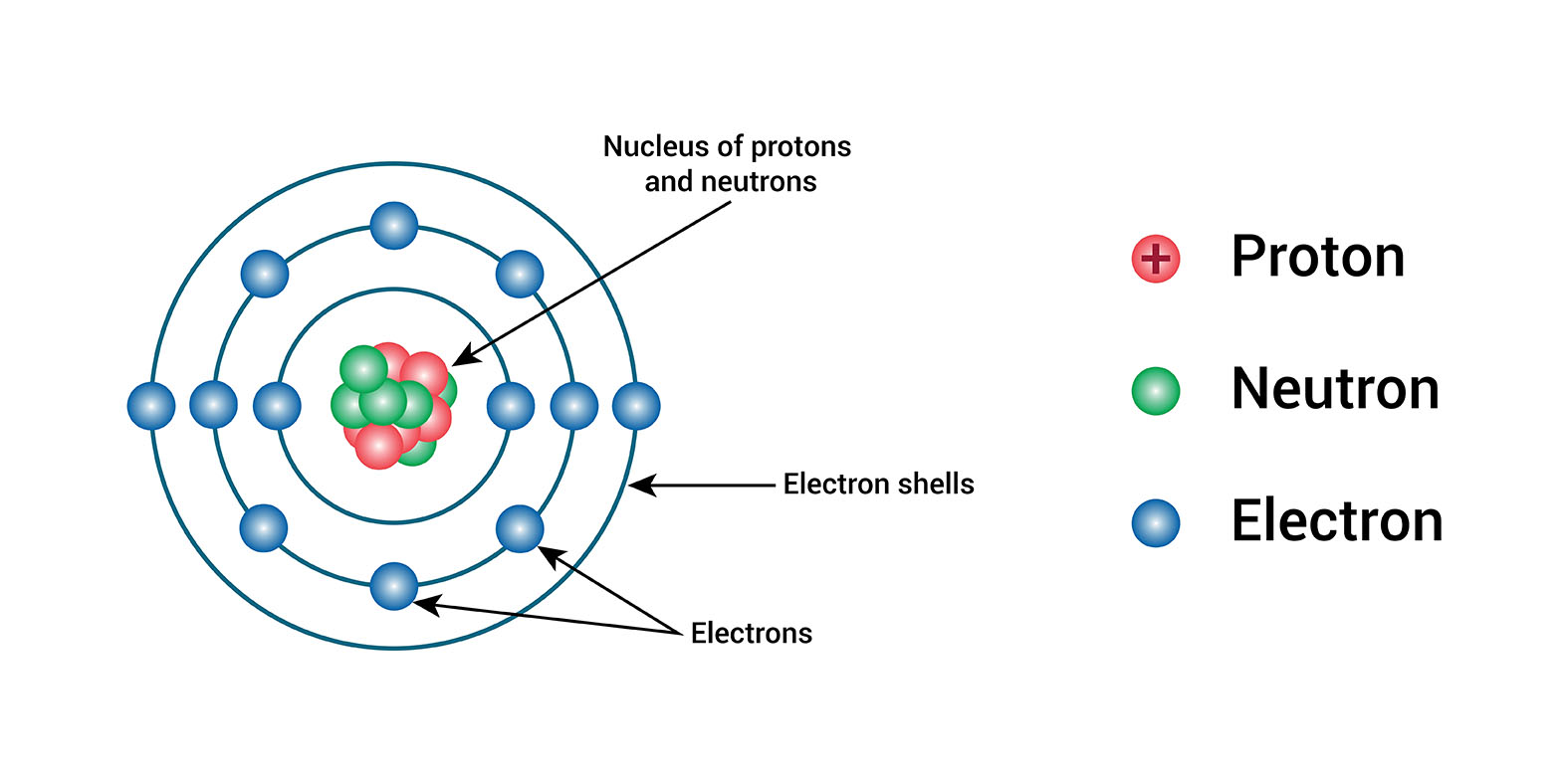
Back
proton
Definition
Protons are tiny particles that are found in the nucleus of an atom. They have a positive charge, and they are the same for all atoms of the same element. For example, all hydrogen atoms have one proton in their nucleus.
Protons are important because they help to hold the nucleus together. They also help to determine the atom's mass.
How can the word be used?
The proton is the positively charged particle found in the nucleus of an atom.

Different forms of the word
Noun: a subatomic particle with a positive charge, found in the nucleus of an atom.
Adjective: relating to a proton.
Etymology
The word "proton" comes from the Greek word "protos", which means "first".
The first recorded use of the word "proton" in English was in 1920.
Question
What is a proton?